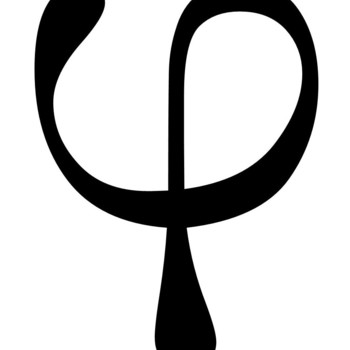Let the principal sum be #P#
Let the numerator of the percent be #x#
2 years #->P(1+x/(12xx100))^(2xx12)=1440" "....Equation(1)#
3 years #->P(1+x/(12xx100))^(3xx12)=1656" "....Equation(2)#
The most straigh-forward way to 'get rid' of one of the unknowns (#P#) is by division. It also simplifies the brackets to some extent.
#Eqn(2)-:Eqn(1)#
#[cancel(P)(1+x/(12xx100))^(3xx12)]/[cancel(P)(1+x/(12xx100))^(2xx12)]=1656/1440#
#(1+x/(12xx100))^(12) =1656/1440#
#((1200+x)/1200)^(12) =1656/1440#
Take logs of both sides. I choose #log_10#
Note that #log(a^b)=b log(a)#
and that #log(a/b)=log(a)-log(b)#
#log(((1200+x)/1200)^(12))=log(23/20) #
#12log(1200+x)-12log(1200)color(white)("d")=color(white)("d")log(23)-log(20)#
#log(1200+x)=(log(23)-log(20)+12log(1200))/12#
#1200+x=log^(-1)[(log(23)-log(20)+12log(1200))/12] #
#x=log^(-1)[(log(23)-log(20)+12log(1200))/12] -1200#
#x~~14.0579....# by calculator
This will have rounding errors in it so lets call it #x=14#


